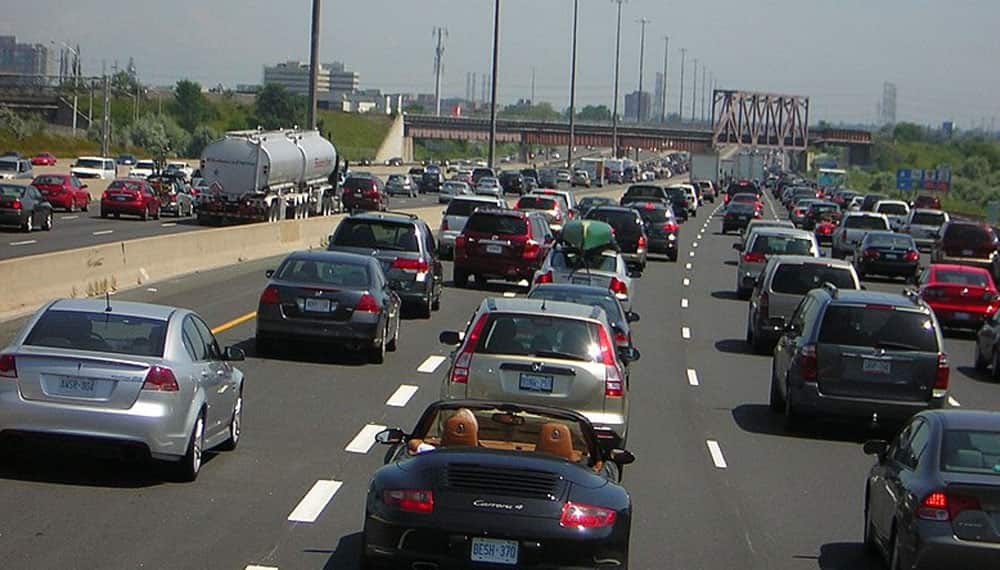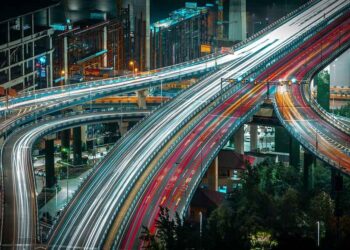Some European automobile brands are as associated with the country they represent as any famous tourist attraction, whether it’s Peugeots cruising the boulevards of Paris or Volkswagens cruising the autobahns of Germany. Are we about to see a major change in the identity and makeup of Europe’s streets as the globe enters the age of electric vehicles?
With each passing year, the performance and, more crucially, the cost of Chinese EVs become more difficult for European manufacturers to ignore, and it may only be a matter of time before the market is flooded with imports from China.
How did Chinese automakers gain such a significant presence in the EV revolution, and why are their vehicles so inexpensive?
The current state of affairs
The price of electric vehicles in western markets has a substantial difference, which is likely the first and most illuminating place to start. According to a survey by automotive data management firm Jato Dynamics, the median price of a new electric car in China has dropped by 47% since 2011, from €41,800 to €22,100. In comparison, the average price in Europe has risen by 28% this year, from €33,292 in 2012 to €42,568.
In the United Kingdom, the average retail price of an electric vehicle is 52% greater than that of an ICE-powered car. When compared to their diesel or petrol counterparts, electric cars still struggle with long-range skills, which is a severe problem, not to mention the expanding, albeit still limited, network of charging stations in many European countries. The financial incentive for typical ICE owners to make the changeover to electric vehicles is still unclear, and that’s where China comes in.
For the first time, Europeans will have competing Chinese vehicles that are attempting to be sold in Europe at competitive prices and with competitive tech, said Ross Douglas, creator and CEO of Autonomy Paris, which happens to be a global event on sustainable urban mobility.
Douglas believes there are three factors that make China such a threat to Europe’s traditional car manufacturers. First and foremost, they have the finest battery technology and have locked down many of the essential factors in the battery, such as cobalt processing and lithium-ion, Douglas added. The second reason is that they have a lot of the networking technology that EVs require, such as 5G and artificial intelligence. The third reason is that China’s government is putting a lot of money into electric vehicle carmakers, and the Chinese government wants to be the world leader in electric vehicle production.
While China’s manufacturing prowess has never been in dispute, the question was whether it would be able to develop to the same extent as its Western peers. That question has been solved by their batteries and the technologies they can incorporate into their automobiles.
Buyers will become acquainted with manufacturers like Nio, Xpeng, and Li Auto over the next few years at retail prices that ordinary earners would deem affordable.
Current European Union restrictions promote the profitability of larger, more expensive electric vehicles, leaving little possibility for smaller European automobiles to generate a reasonable profit. If Europeans do nothing, the Chinese will have complete control of the segment, said Felipe Munoz, JATO Dynamics’ global automotive analyst.
If European consumers are priced out of their own markets, they may resort to smaller electric vehicles like the Wuling Hongguang Mini, which is extremely popular in China. For almost a year, the pocket-sized city car has been China’s best-selling EV, with an average monthly sales of roughly 30,000.
However, China’s tremendous manufacturing has not been without its drawbacks. There is now too much choice, according to China’s Minister of Industry and Information Technology, and the Chinese EV market is at threat of becoming inflated.
The number of electric vehicle firms in China has risen to over 300 in recent years. EV companies should continue to increase in size and strength in the future. Right now, there are far too many electric vehicle companies on the market.
The market’s role should be fully utilised, and they urge EV sector merger and reorganisation activities to further strengthen market concentration. The biggest steps towards finally penetrating the grandeur of the European market that Beijing seeks are stabilizing their own market and eventually taking away consumer subsidies.
Douglas added that their goal is to become the Apple of electric automobiles, in terms of becoming omnipresent and worldwide brands. It is critical for them to be able to sell those vehicles in Europe because Europe is a quality benchmark.If Europeans are willing to pay for their electric cars, it shows they are of the quality they are aiming for. It may only be a matter of time before Nio and Xpeng are as well-known in Paris as Peugeot and Renault, unless European authorities and makers create a more inexpensive market.


































